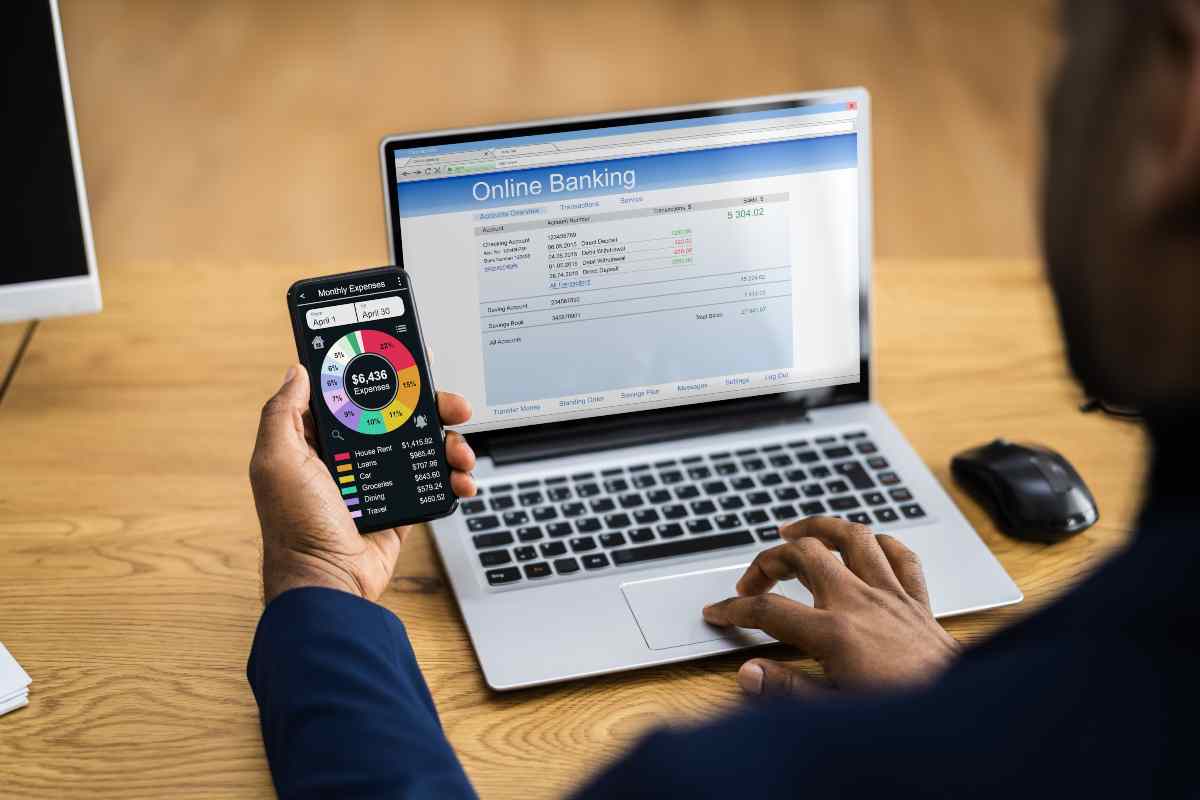The lockdown has increased the use of online, increasing the tendency to open a current account entirely on the web. However, there is some risk.
It is not (yet) a written law but there is no doubt that the future will reserve us an increasingly digitalized everyday life. A little bit is a question of timing, given that the use of online is increasingly frequent even for small things. Covid imposed it on us a little, with the forced confinement of the hardest times and the significant increase in web services, especially for purchases and payments of all kinds. Banks also took advantage of this to better adapt their online current account services, making the classic over-the-counter operation almost useless in some cases.
Obviously, like all good things, even a home banking current account hides its pitfalls. And this is not surprising, given that the mere fact of traveling on the network feeds the risk factor. Even in this field, in fact, a scam attempt may be concealed, through systems that aim to induce the account holder himself to hand over his access data to the thief, fearing this or that risk for his own money. And this despite the security tools adopted by the banks which, of course, are proportional to the role of online accounts.
Online current account, not just scams: what dangers you can run
In a nutshell, the real risk is not in the current account itself, as even in the event of bank failure the coverage reaches up to 100 thousand euros, thanks to the Interbank Fund. The problem may lie in its management. And this for a very simple reason: operating online also means entering your own sensitive data into the network, albeit protected by security systems. Pin, credit card numbers, Iban … there is a lot of information and all potentially at risk, if there is a clever scam in action. Or a particularly dangerous hacking system.
This is why using your online bank account with due caution becomes vital. Respect the bank’s safety instructions, be careful when sharing sensitive data, be careful when opening presumed warning emails (very often phishing attempts): small precautions that they have the merit of securing, at least in good measure, our money. And our data too, of course. Because on the web there is not only the danger that someone will stretch their hands on our money but also on our identity. Thefts also take place in this sense.
–


